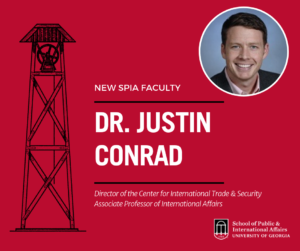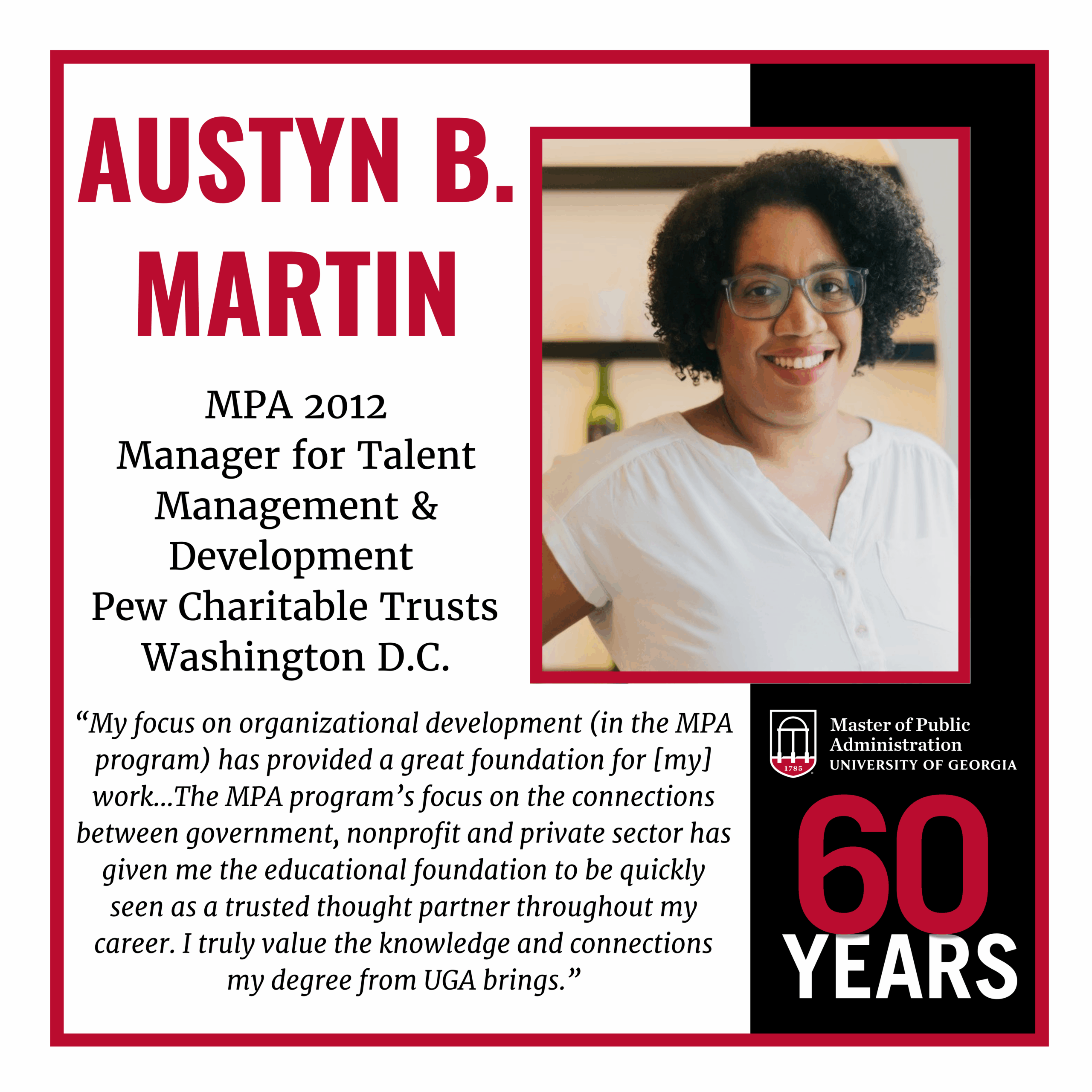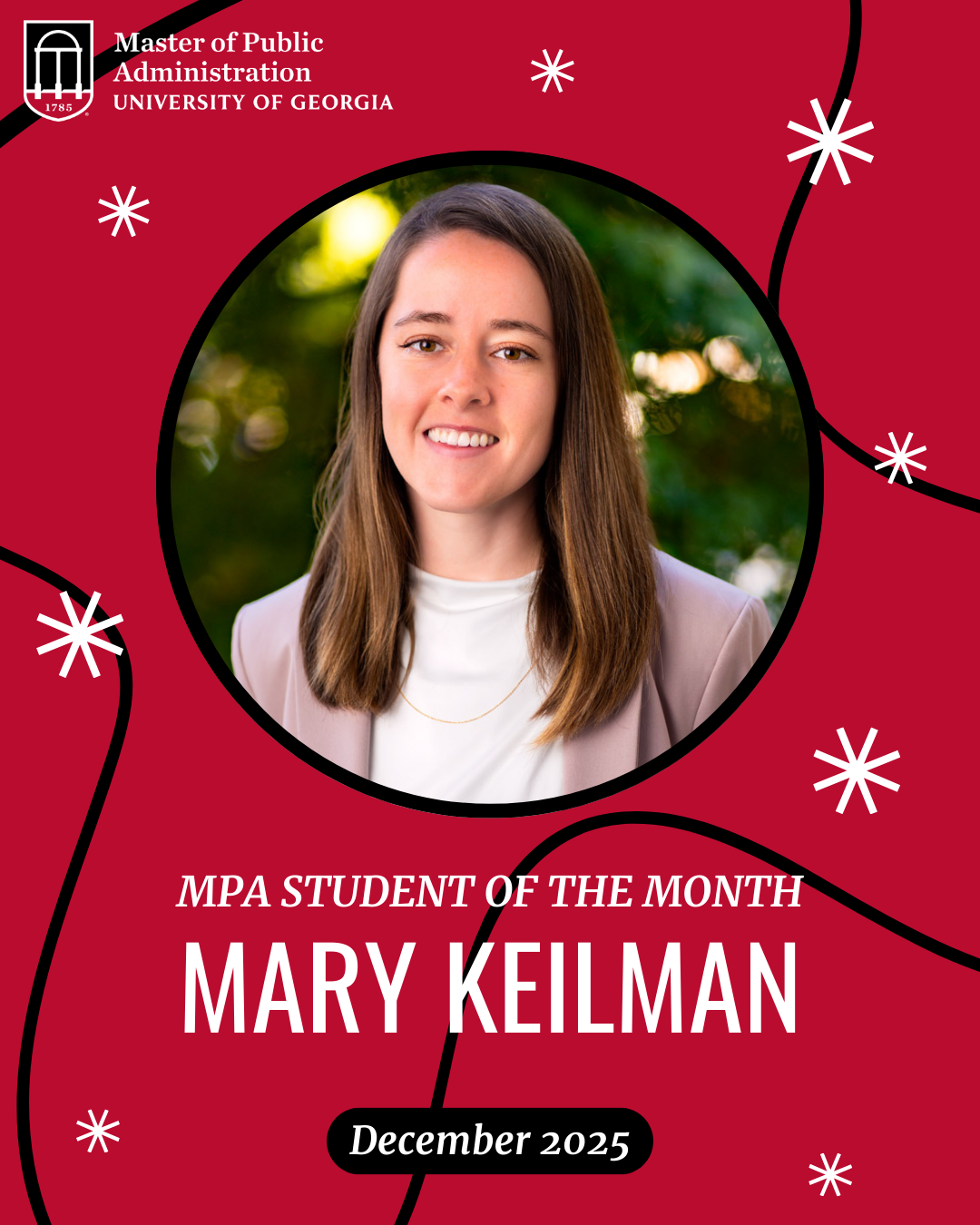
Dr. Justin Conrad of the University of North Carolina at Charlotte (UNCC) will be joining the faculty of the School of Public and International Affairs, effective Fall 2019. Conrad will serve as Gary K. Bertsch Director of the Center for International Trade and Security (CITS) and will be an associate professor in the Department of International Affairs.
“Justin Conrad is a remarkably talented scholar and practitioner and is an ideal leader for CITS,” said Matthew R. Auer, Dean of the School of Public and International Affairs. “Over the past few years, CITS’s scope has expanded. We needed to recruit a leader with broad interests and demonstrated expertise in international security and human security. Dr. Conrad is the ideal match for both CITS and for our Department of International Affairs.”
Conrad primarily studies international security issues, including terrorism and interstate conflict and is also an investigator in The Resources and Conflict Project, a partnership of researchers across various universities who evaluate environmental and natural resource determinants of violent conflict.
Since earning tenure at UNCC in 2011, Conrad has attracted ample support for his research and service, including a grant of $405,818 from the National Science Foundation in 2017 and a grant of $825,000 from the U.S. Department of Defense in 2013. He has also received several awards related to his teaching.
Dr. Amanda Murdie, Head of the Department of International Affairs, anticipates the addition Conrad will make to the scholarly community: “Dr. Justin Conrad’s expertise will allow CITS to continue to be a world leader in research and teaching about today’s security challenges.” She continued, “His stellar publications and grant-getting abilities fit well with the strengths of the Department of International Affairs.”
The Center for International Trade and Security (CITS) was established in 1987 with the support of former U.S. Secretary of State Dean Rusk. It has a distinguished record of policy-relevant research, training, and public service, focusing primarily on security issues related to the trade, transfer, and use of materials and technology associated with weapons of mass destruction (WMD), nuclear security culture, and nonproliferation policy.








